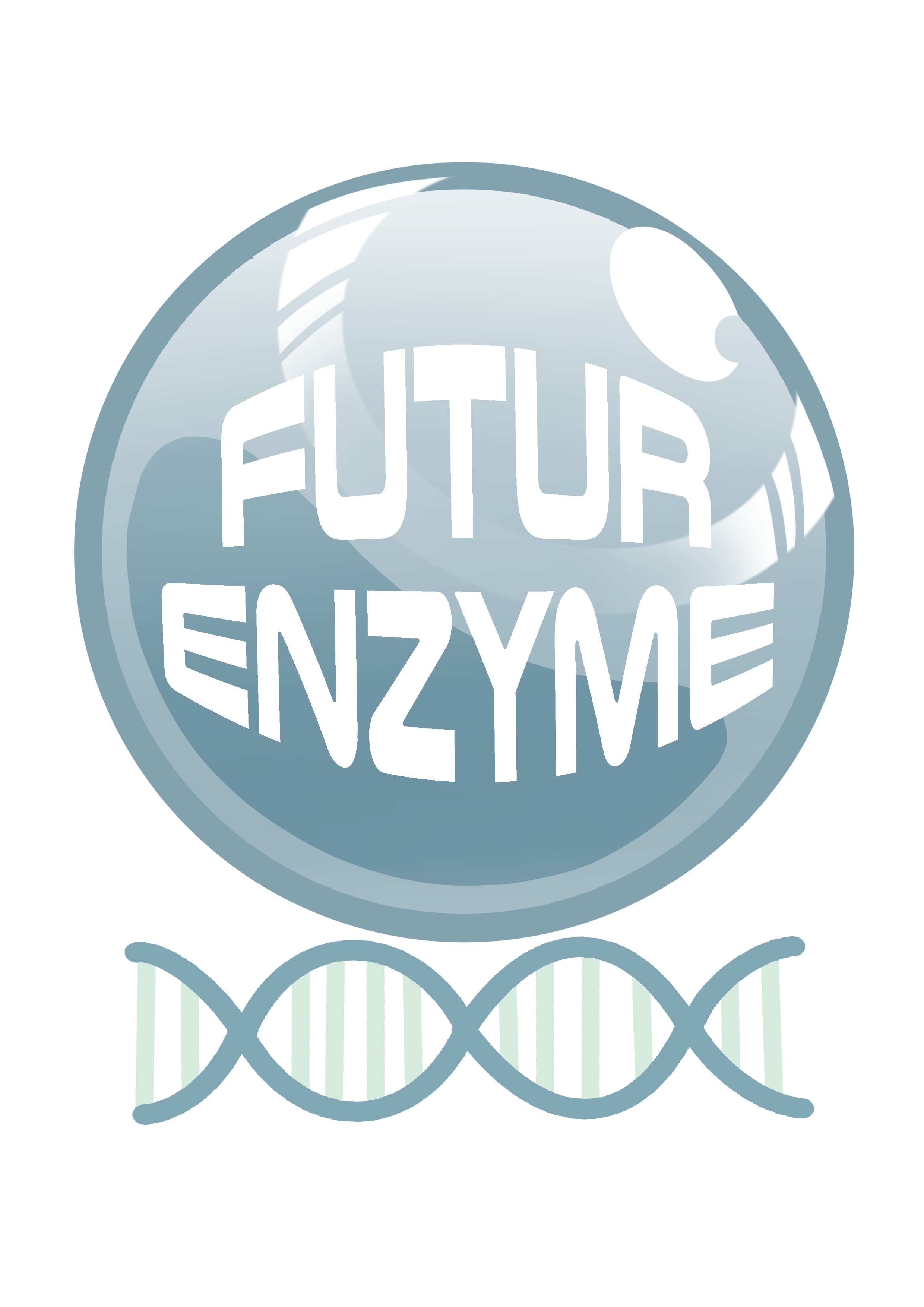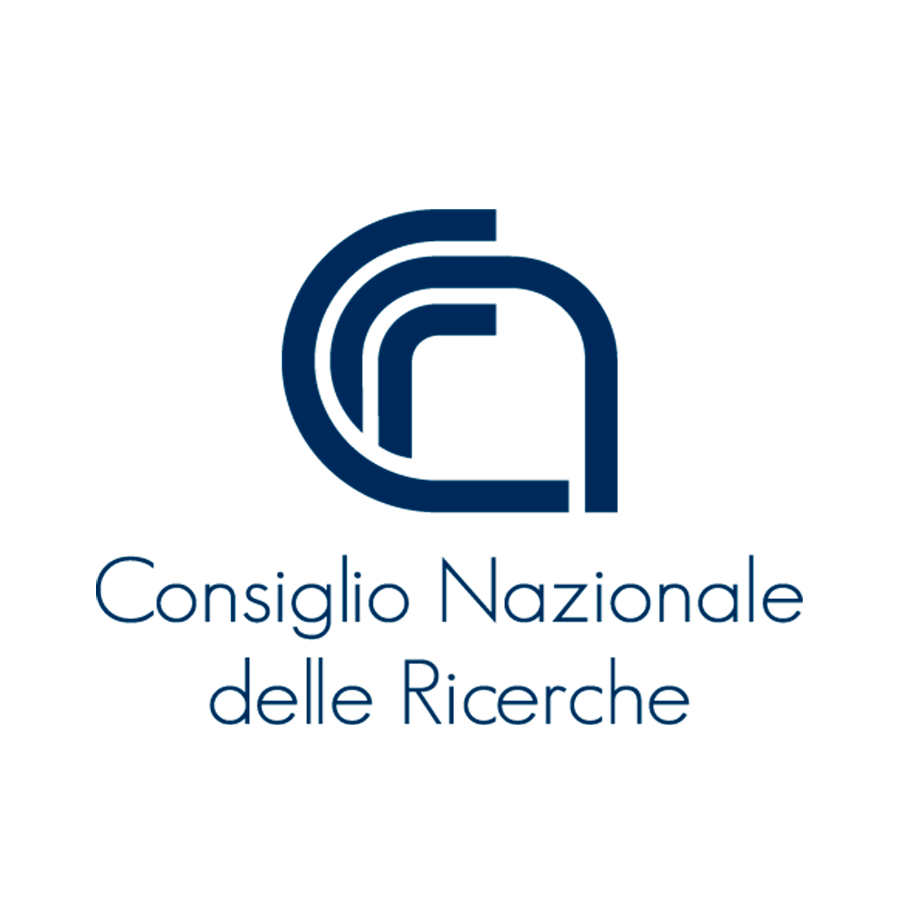The Italian National Research Council (CNR) is the main research entity in Italy with 7 departments and 102 research institutes working on several research topics.
The Institute for Biological Resources and Marine Biotechnology (IRBIM-CNR), section of Messina. This institution is specialized mainly in marine microbiology, oceanography, fisheries management and aquaculture, and is equipped with sampling tools and all necessary analytical chemical and microbiological facilities to analyze water and sediment samples up to 5000m depth, to study both naturally occurring and enriched extremophilic microbial populations. The Institute is well equipped for the microbial and molecular genetic techniques and for handling of strictly anaerobic and/or extremophilic microorganisms.
WP1: Representing the project management and coordination activities.
WP3: Implementing activity-based platforms to screen enzymes demanded by manufacturers.
WP4: Implementing systems for producing and characterising enzymes and finding best ones.
WP8: Focusing on dissemination, exploitation and communication.
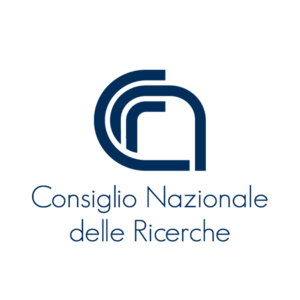
Prof. Michail M. Yakimov
is the leading international researcher in the field of marine microbiology and environmental biotechnology. His key research experience and activities include: microbial genetics, microbial physiology, extremophilic (mainly halophilic) Archaea, (meta)genomics for mining novel metabolic diversity; microbial degradation of petroleum in marine ecosystems; microbial diversity of extreme environments; functional genomics of marine oil-degrading bacteria and extremely halophilic prokaryotes. Since 2001 and currently he works in Institute for Biological Resources and Marine Biotechnology (Messina, Italy) as a Scientific Director. His group has made major advances in discovery, understanding the microbial life and ecosystem functioning of deep-sea hypersaline anoxic lakes located at the seabed of the Eastern Mediterranean Sea.

Dr. Violetta La Cono
is the research scientist in Institute for Biological Resources and Marine Biotechnology (Messina, Italy) and is a key staff responsible for discovery new extremophiles, production (meta)genomic data and expression of halophilic enzymes as candidates for biotechnology applications. She isolated the majority of known genera of extreme halophilic polysaccharidolytic euryarchaea and number of piezo- and psychrophilic bacteria and archaea.

Dr. Francesca Crisafi
is the research scientist in Institute for Biological Resources and Marine Biotechnology (Messina, Italy) and is a member of Group of Marine Microbial Microbiology and Biotechnology. She has a broad experience in studying the quorum sensing mechanisms in marine microorganisms and application of obligate hydrocarbonoclastic bacteria in environmental biotechnology.
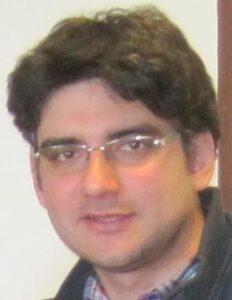
Dr. Francesco Smedile
Has a Degree in Biological Science and PhD in Environmental Science: Marine Environment and Resource by the University of Messina Italy. He is currently a researcher at the Institute for the Biological Resources and Marine Biotechnologies (IRBIM-CNR). He is currently involved in Marine microbiology ecology and Biotechnology in particular: 1. Application of omics techniques to study microbial diversity. Statistical analysis of marine microbial biodiversity. 2. Microbial biodiversity in extreme environment: deep sea, shallow and deep hydrothermal vents, hypersaline environments, antarctic sea Ice, and subglacial lakes. 3. Microbial bioremediations in oil-polluted environments 4. Biotechnologies for marine bioremediation.
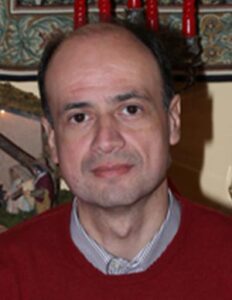
Dr. Enzo Messina
has a Degree in Electronic Engineering at the University of Padua (Italy) in 2001. He has excellent computer skills, many experiences on installation, configuration and optimization of the principal operating systems and programming languages. Currently is a technologist in the Bioinformatic division of the Institute of Biological Resources and Marine Biotechnology, IRBIM-CNR, Messina, Italy. Dr. Enzo Messina is author of more than 25 articles, reviews and book chapters. Currently (as for end of May, 2021) his Hirsh Index is 13, i10-index = 17 with more than 600 citations.
